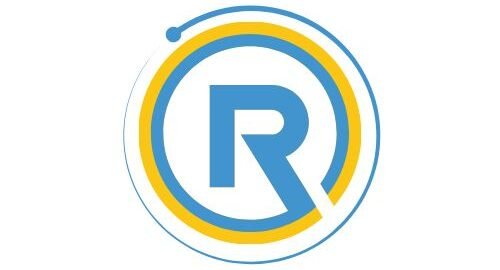Recently, a wave of messages has been circulating on social media claiming that the South African Social Security Agency (SASSA) will offer a one-time R700 grant for individuals between the ages of 18 and 65 in March 2025. However, these claims are false, and the public needs to be informed about the facts surrounding this rumor.
SASSA’s Official Statement on the R700 Grant
The South African Social Security Agency (SASSA) has made an official statement to clarify that there is no R700 grant being issued in March 2025 or at any other time. These claims are part of a fraudulent scheme, and it is essential for the public to distinguish between genuine information and misleading content. SASSA has urged the public to refrain from falling victim to such scams and emphasized the importance of verifying information through official channels.
The Spread of the R700 Grant Misinformation
The rumor regarding the R700 grant has gained significant traction across various online platforms, misleading many people, especially those who are financially vulnerable. This misinformation has caused confusion and anxiety among South Africans, particularly those who rely on social grants for their daily needs. SASSA has assured the public that no such grant exists and that any announcement of this nature is part of an effort to deceive individuals and exploit their personal information.
How to Recognize and Avoid Social Grant Scams

It is crucial for individuals to remain vigilant when encountering messages about financial assistance. The only legitimate sources for information regarding SASSA grants are SASSA’s official website, verified social media accounts, or direct communication from their offices. Scammers often disguise themselves as official representatives to trick people into sharing sensitive personal details, such as ID numbers or bank account information. The public must be cautious and never provide personal data through unverified platforms or unsolicited messages.
Reporting Suspicious Grants and Schemes
If you come across any suspicious messages or potential scams that claim to be from SASSA, it is important to report them immediately. SASSA encourages individuals to use their official channels or reach out to local law enforcement agencies to help prevent further scams from spreading. Taking action against fraudulent activities helps protect others and ensures that scams do not negatively impact the public.
Exploring the Authentic SASSA Grants Available
Despite the circulation of false claims about a R700 grant, SASSA continues to offer several verified financial support programs to assist vulnerable South Africans. Key grants include the Older Persons Grant, which supports citizens aged 60 and above who meet specific income and asset criteria, and the Disability Grant, available to individuals between 18 and 59 with a certified disability. The Child Support Grant is aimed at primary caregivers of children under 18, while the Social Relief of Distress (SRD) Grant provides R370 per month to unemployed individuals with no other source of income, as of March 2025. These grants remain critical lifelines for many households.
SASSA Grant Payment Schedule for March 2025
For those eligible for SASSA grants, payment schedules for March 2025 are typically well-defined. The Older Persons Grant will be distributed early in March 2025, with the Disability Grant following shortly after. Other payments, such as the Children’s Grant, are processed within the first week of March. For recipients of the SRD Grant, payments are generally made towards the end of the month, with detailed schedules available on the official SASSA SRD website or via their WhatsApp helpline.
Protecting Yourself and Others from Misinformation
The rumor of the SASSA R700 grant in March 2025 is entirely unfounded and represents an attempt to mislead and exploit the public. It is vital for all South Africans to stay informed through official channels and to educate those around them about the risks posed by such scams. SASSA offers numerous legitimate grants to help those in need, and individuals must ensure they are applying through the proper channels to receive the assistance they deserve.
In conclusion, while fraudulent messages regarding the SASSA R700 grant may continue to surface, it is crucial to rely only on verified, official information to avoid falling victim to these scams. By remaining cautious and spreading awareness, South Africans can protect themselves and others from the dangers of misinformation.

